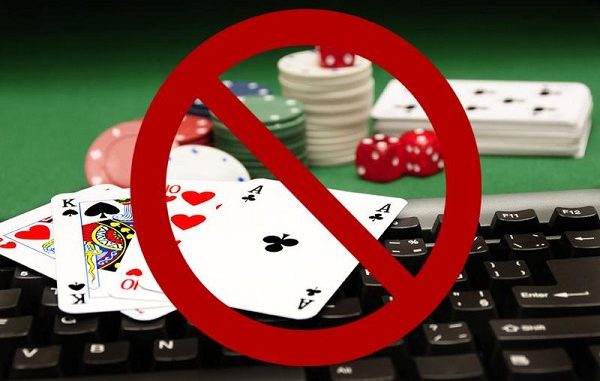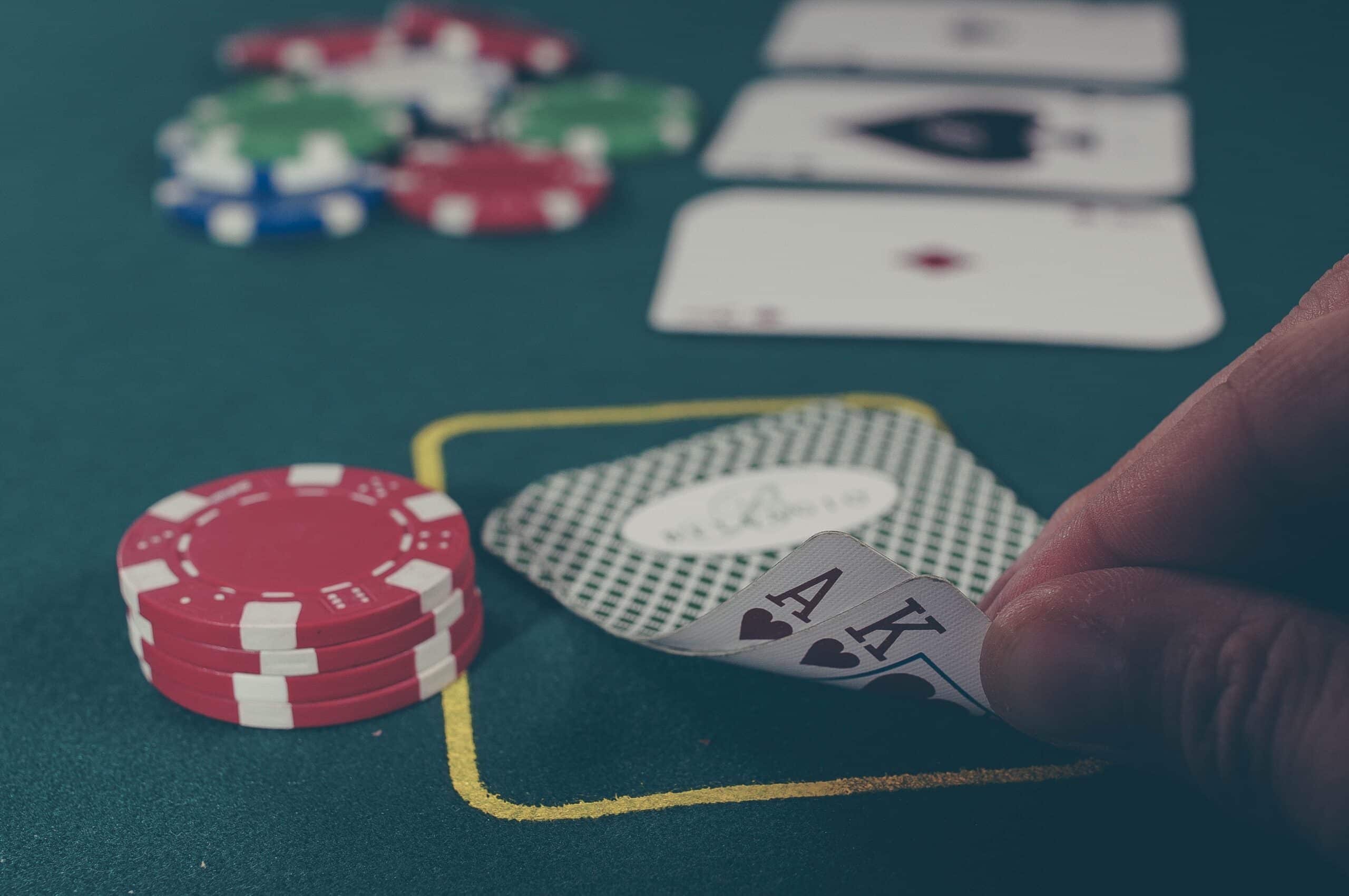You may, of course, sue the operator of site that has the money you hadn't gambled away yet for a refund of that deposit — if you can find the operator of that site. If was a scam, good luck with that. It was illegal for you to gamble online in the first place. It was illegal for the site to offer online gambling to a person in the U.S.
Five tips to avoid the long walk of shame
by Basil Nestor
It can happen to anyone, even film legend Ben Affleck. On April 28, he was playing blackjack at the Hard Rock Casino in Las Vegas. According to Variety, Ben was approached by a casino rep who told him, “You’re too good at this game.” That’s a nice way of saying, “You’re counting cards.” Then the casino declined his action, effectively banning Ben from the blackjack tables. They called him a car, and he left the property.
Some news sources reported that Ben was banned from the Hard Rock, but a few days later, the Las Vegas Review-Journal got a clarification from Abigail Miller, a hotel rep. She said, “Mr. Affleck, a valued guest of Hard Rock Hotel & Casino, is not banned from our property and is welcome back any time.” Nice, but is Ben still banned from playing blackjack? She didn’t say.
How did this happen? Can it happen to you? The short answer is yes. Counting cards at blackjack is just one example. Roulette, craps, poker,—all table games are potential breeding grounds for situations that can land you on the pavement, especially if you’re an advantage player. Here’s what you can do to make that less likely.
1. Don’t be so obvious.
One week prior to his adventure at the Hard Rock, Ben was playing blackjack at Wynn. A rep there told him to curb his action. Rob Olivetti, games protection manager at Wynn and Encore, was quoted by Radar Online in an internal e-mail saying, “He was being way too obvious moving his money with the count. He was spreading $100-10K on the double decks and $0-20K (2 at 10K) on the shoe games.”
That’s just crazy! Depending on your blackjack counting strategy, and your preference for cover, you might want a bet spread (low bets vs. high bets) of 1-4 up to 1-12. You might push it to 1-16 if you’re brave. But Ben was betting $100 at the low end, and $10,000 at the high end. That’s a spread of 1-100! He might as well have announced when he sat down, “I’m counting cards!” It was unwise.

Wynn let him play, apparently with a warning. But Hard Rock shut the door.
2. Don’t be tricky with black chips.
According to various sources, Ben was using black $100 chips to keep track of the count. This was wrong for a couple of reasons. Casinos track your black chips. They don’t want you ratholing (sneaking black chips off the table and then claiming you lost money when you really won money). So they’re very aware of how you handle chips. Also, playing at a high-limit table brings extra scrutiny. It’s usually easier to get away with a big spread of 1-12 and ratholing when your bets are $75 to $900 or $150 to $1,800, betting green and black chips at a table in the main casino. Is that boring small stakes for Ben? Probably. But right now his stakes at the Hard Rock are $0. A modest spread of 1-6, $500-$3,000, might have been overlooked if he hadn’t been counting with black chips.
Can I Sue An Online Casino

3. Don’t think the scrutiny is only on blackjack
All table games track black chips and higher denominations. They also count greens and reds, but not so carefully. All table games have behaviors that are forbidden or in the gray area of unwanted but not illegal. Some casinos don’t want you setting dice in craps. Some of them don’t want you using visual ballistics or wheel clocking in roulette. Every game has weak points that can be legally exploited, and you shouldn’t imagine that the casino is entirely unaware. So be stealthy. Be cautious. Above all, don’t be greedy. Win a reasonable amount and then quickly go. Don’t pile it up and dare the casino to identify you as an advantage player.

4. Don’t be a jerk. By all accounts Ben was polite when he got the tap.
But many people are shown the door just because they’re jerks. I once had a guy sitting to my left who was ejected because he made an obscene gesture to me. Why was he angry? I correctly hit my hand and took his good card. The floorman went to the trouble of checking the video to confirm the gesture. Then security came and the dude was tossed. A few months ago I was in a game and one player just couldn’t stop cursing, even after a warning. He wasn’t in a bad mood, just had a foul loose mouth. The female dealer and the women at the table had the guy booted.
5. Don’t imagine you’re Jack McCoy or Perry Mason, but do know the law.
Can You Sue An Llc
Casinos in Nevada can eject you for almost anything, or nothing. Don’t imagine that legal arguments will sway them. They can ban you from a game or ban you from the property. If you return, it’s trespassing. Elsewhere in the country, the rules are generally similar. In Atlantic City, you can’t be ejected for counting, but a casino can take countermeasures to make the game so unprofitable that it becomes pointless. Your strategic goal is to never reach this situation. And, of course, know the law and the rules of your game. Don’t cheat. Cheaters aren’t ejected; they’re arrested. If you’re detained for legal advantage play but not arrested, stay cool and be polite. Remember that casino security are not police. Don’t answer questions, and firmly repeat that you want to leave, gesturing toward the exits so cameras above can see. Walk out unless you’re physically prevented from doing so. And remember to take your chips! Of course, if it gets to this, then your strategy of stealth has gone horribly wrong. Play well. Be careful. Be gracious, and you’ll avoid getting a tap on the shoulder.
Enjoy the game!
Basil Nestor is author of The Smarter Bet Guide to Blackjack, The Smarter Bet Guide to Craps, and other comprehensive gambling guides. Got a question? Visit SmarterBet.com and drop him a line.
Can You Sue An Attorney
My question involves a consumer law issue in the State of: New York
Hello and thank you in advance for any responses and advice.
I'm Michael and I'm from NYC.
I was contacted by an acquaintance I used to speak to on social media, if I was interested in betting sports online. I was interested and deposited over a few weeks into PayPal accounts using the friends and family option to the betting sites owners accounts. Before starting to bet he sent a form over to sign, that was an authorization form saying I received financial consultation and that the payments to the PayPal email was all legitimate. I never truly received any type of financial consultation since it was all for online gambling.
I ended up losing over $10,000 and I had about $500 left in my account, and he said the website is having an issue that they're moving all the accounts to another website they've partnered with. I ended up having about $300 in the account after a week or so, when the guy said he has to either cash me out or move me to another place due to the acquaintance of mine having issues with his account. He moved me to another betting site with the money I had left in my account. Now, I did some googling afterwards, and found out that that website has a few negative reviews. Especially recently, by another member stating that he had gotten scammed by the website where they took his money and ran, even the winnings th and another website reporting from a few people that it was a scam website. So, what I believe happened was even if I won I wouldn't have gotten anything paid to me.
So I decided to call PayPal and they said they can't help me there since the deposits were sent by friends and family option which PayPal has no protection for the sender. They told me to call my bank, which I did and they said they'll be investigating it, where they made me send screenshots of the chats between the site employee from Twitter messaging, (where I deleted a few of the messages) along with the deposits made and them basically saying that it was a fake PayPal I sent the money to.
Another day passes and a guy contacts me on Twitter and says that he was also kicked off the site, and that he feels like we all got scammed. I spoke a little to him, and he decided to send part of our chat to the email of the guy who kicked us all off to try to scare him by saying he'll report it to the bank as well.
He then tells the guy to tell me that he sent the chat to PayPal and he has the form (which wasn't even close the the signature on my drivers license) and will win the chargeback. He then tells the guy that he Intends to file falsifying evidence and fraud charges against me.
If he's US based, how is he running a gambling operation? If he's Europe based as he claims, don't you have to be in NY to press charges? But then isn't it illegal for the credit card company to process the deposit to the company? Then again, isn't the UIGEA forbidding US people to play?